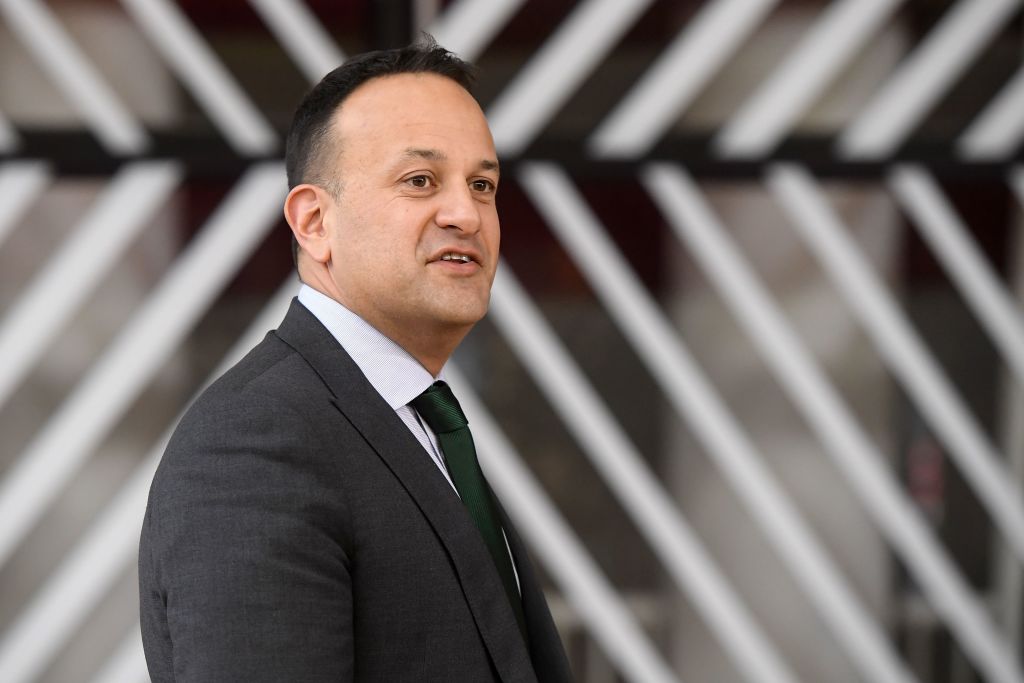The number of abortions taking place in Ireland is more than 8,000 a year, up from the memorable figure of 6,666 abortions in the first year after the law legalising abortion came into force in January 2019. It’s all rather a far cry from the situation that abortion campaigners talked about during the referendum campaign, when it seemed that foetal abnormalities and pregnancies that threatened the life of the mother were the problem.
There are, however, a couple of factors that mean that abortion is not quite as readily available in Ireland as the abortion lobby would like. One is that doctors don’t seem to like it much. A review of the law by a barrister Marie O’Shea (very much a pro-choicer) suggested that most GPs are not providing ‘abortion care’ – a ubiquitous, loaded term which softens the crude realities of the word ‘abortion’. The reasons for doctors’ reticence are unclear. Although workload may be a factor, unquestionably some doctors don’t fancy terminating prenatal life. Many of them also object to the legal obligation to direct the woman concerned to a willing provider, given that they have moral problems with the whole business.
Another factor is the mandatory three-day waiting period for women between asking for an abortion and receiving the abortifacients. Marie O’Shea’s report suggests that the waiting period be optional, which kind of misses the point.
But there’s support for the period for reflection from an unexpected quarter – Ireland’s Taoiseach, Leo Varadkar. In an interview for the Irish Times, he says that he’d like to see fewer abortions in Ireland: ‘I don’t think anyone thinks that abortion is a good thing. It’s sometimes necessary but it’s not a good thing. There are over 8,000 abortions happening in Ireland every year. I would like that number to be lower.’
He goes on to observe that, ‘One thing that I’m kind of sorry wasn’t explored more in the [O’Shea] report… was there wasn’t really a proper exploration of the decisions made by women who didn’t go ahead with the termination. So, it is those numbers who attended for the first appointment and didn’t go back. It’s not a small number. That wasn’t really properly explored.’
He himself is chary of the recommendation that the waiting time be scrapped. ‘Is it the case that hundreds of abortions are being avoided as a result of it? Or, is it the case that women would have gone ahead with it anyway. It hasn’t been properly explored.’
Well, indeed. The Irish Family Planning Association suggests that only 2.5 per cent of its clients did not go ahead with an abortion as planned. But Aontu, a tiny party, which is pro-life on abortion, argues that, according to Independent TD Carol Nolan, in the first year of the abortion Act’s operation, 7,536 women attended initial appointments for abortions, while the total number of abortions carried out in that year was 6,666. In other words the three day waiting period may indeed have caused hundreds of women not to go ahead with the abortion.
And that would be a good thing, no? It depends on your point of view, and the parliamentary committee looking at the report may well accept the O’Shea argument – risibly, I’d say – that impediments to abortion in Ireland may infringe its human rights obligations. But the issue here – which Varadkar knows all too well – is that when the referendum on abortion took place, the government offered at the same time a draft law which it proposed to introduce once the constitutional ban was lifted. An element of that law was the three-day waiting period. If the political parties sold a law to the public back in 2018 with apparent safeguards in order to repeal the constitutional ban on abortion, only to have those safeguards removed once the ban was lifted, the public may justifiably feel that they’ve been misled. Varadkar, a medic himself, is going against the political grain in being prepared to say so.







Comments